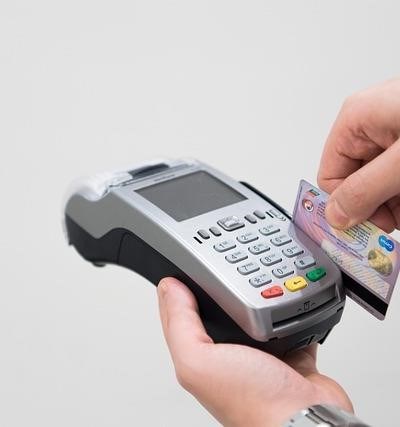
The proliferation of non-VBV (Verified by Visa) credit cards, prepaid cards, and anonymous transaction methods facilitates a significant expansion of the shadow economy, creating fertile ground for tax evasion and other forms of financial crime. This article examines the role of these instruments in sophisticated evasion schemes, focusing on their contribution to illicit financial flows and the challenges posed to law enforcement and tax authorities.
Facilitating Tax Fraud
Non-VBV credit cards, by their nature, offer a degree of anonymity. This characteristic is exploited by individuals and businesses seeking to conceal unreported income. Transactions made using these cards leave a limited audit trail, making it difficult to trace the origin and destination of funds. This lack of transparency is particularly problematic for tax authorities attempting to assess tax liabilities accurately. The use of such cards in the black market, further obscured by cash transactions, significantly compounds the challenge.
The Role of Offshore Accounts and Hidden Assets
The proceeds from transactions conducted with non-VBV cards are often channeled into offshore accounts, creating hidden assets. These accounts, shielded by financial secrecy, are difficult to detect and trace, contributing substantially to fiscal evasion. The combination of untraceable credit card transactions and offshore accounts creates a powerful tool for those seeking to avoid tax obligations.
Exploiting Regulatory Loopholes
The increasing sophistication of evasion schemes often exploits regulatory loopholes in the financial systems. The lack of stringent regulations on non-VBV card usage and the ease of acquiring prepaid cards with minimal identification requirements provide fertile ground for tax avoidance and money laundering activities. This necessitates a proactive approach to regulatory oversight and improved international cooperation.
Investigation Techniques and Forensic Accounting
Combating this type of financial crime requires advanced investigation techniques and specialized expertise in forensic accounting. Analyzing transaction patterns, identifying suspicious activity through data analytics, and leveraging international collaborations are crucial for unmasking these schemes. The use of advanced data analysis tools is essential to detect anomalies and trace the flow of funds obscured by the use of non-VBV cards and other anonymizing techniques.
The use of non-VBV credit cards, prepaid cards, and anonymous transactions represents a significant challenge to tax authorities and law enforcement agencies. Strengthening regulations, enhancing investigative capabilities, and fostering international cooperation are crucial to effectively combat the growing use of these instruments in facilitating tax fraud and other forms of financial crime. The complexity of these schemes necessitates a multi-faceted approach, encompassing both preventative measures and robust investigative techniques.

A well-structured and informative piece that successfully connects the use of non-VBV credit cards and other anonymous transaction methods to sophisticated tax evasion strategies. The article
This article provides a concise and insightful analysis of the growing problem of tax evasion facilitated by non-VBV credit cards and other anonymous payment methods. The focus on the challenges faced by law enforcement and tax authorities is particularly relevant, highlighting the need for enhanced investigative techniques and international cooperation. The clear explanation of how these instruments are used to obscure financial flows is commendable.
The article effectively demonstrates the link between the proliferation of anonymous payment methods and the expansion of the shadow economy. The discussion of offshore accounts and the exploitation of regulatory loopholes is particularly strong, offering valuable insights into the complexities of modern tax evasion schemes. The suggested need for proactive regulatory oversight and improved international cooperation is a crucial takeaway.